What is a DAO?
A DAO (Decentralized Autonomous Organization) is a decentralized, self-governing organization that has emerged in recent years as a unique organizational model, distinct from traditional centralized corporations. Unlike traditional companies run by a few individuals or a leadership team, DAOs are designed to operate independently, without the need for human intervention, by applying a set of rules encoded in code.
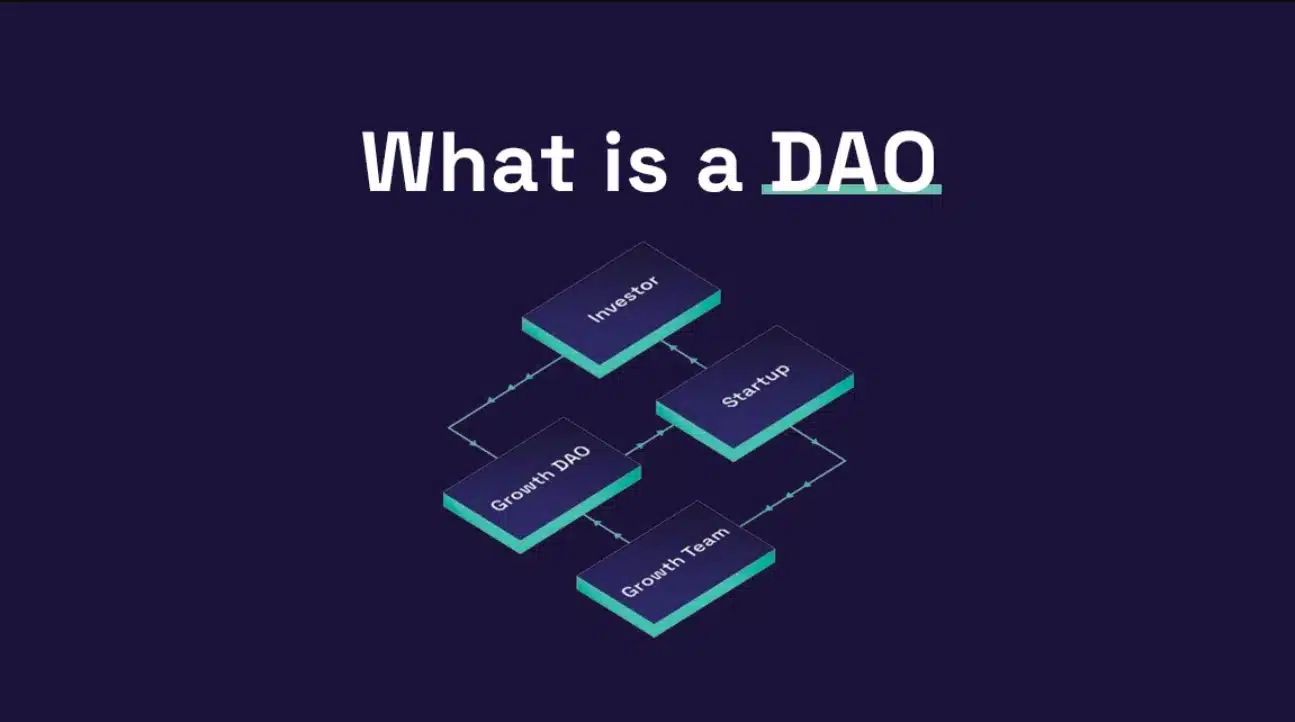
The concept of DAO is broad, encompassing various forms, from blockchain-based applications, decentralized finance (DeFi) protocols that employ on-chain governance models, to groups that apply proposal and voting mechanisms across various other domains. However, all DAOs share common characteristics:
- Members of a DAO can easily access and verify the proposals and actions of the organization.
- Members have the right to participate in the decision-making of the DAO through online voting mechanisms.
- DAOs operate independently, without the need for direct human intervention, by applying a set of rules encoded in code.
The DAO model offers several potential benefits, such as increased transparency, reduced transaction costs, enhanced community participation, and the ability to implement changes quickly according to the wishes of the members. However, DAOs also face challenges, such as governance, control, and legal responsibilities. The future development of DAOs will be a noteworthy topic as blockchain technology and decentralized solutions continue to be widely adopted.
Why are DAOs emerging?
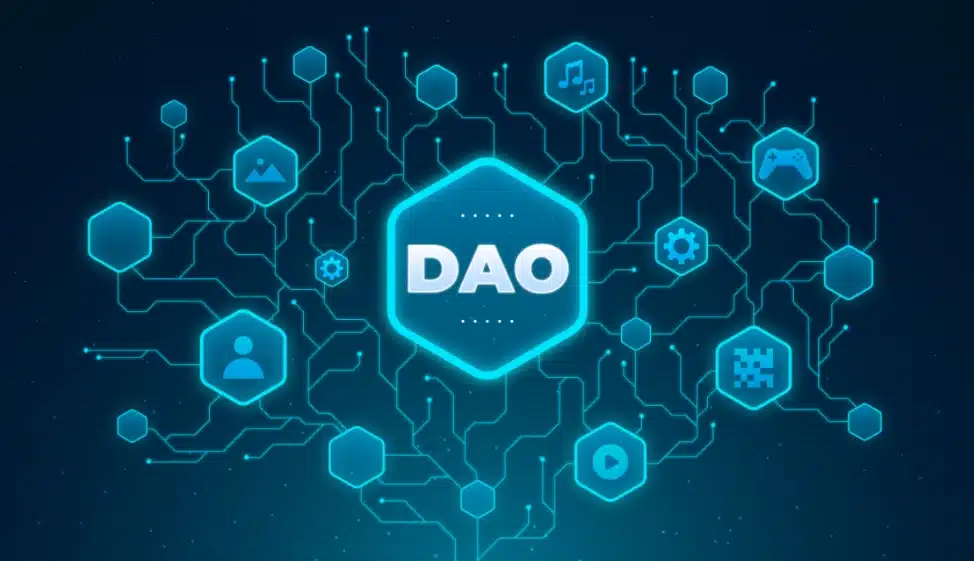
DAOs are developing in parallel with the progress of Blockchain and its decentralized nature. However, increased attention is being paid to DAOs due to a series of factors:
The growing importance of decentralization:
- Governments and traditional financial institutions are exerting increasing control over users.
- Large companies are holding more power and abusing it to manipulate the market.
- DAOs help users regain the rights and benefits that belong to them, creating a decentralized system.
The growing cryptocurrency market:
- Areas such as DeFi, NFTs, and the entertainment industry (music, film) in the cryptocurrency sector are experiencing rapid growth.
- To better access and capitalize on this market, DAOs like MetaCartel DAO, The LAO, and Yield Guild Game have been established.
- Members of these DAOs have come together to create investment funds for cryptocurrency projects.
Related: What is an NFT and how does it work?
What are the advantages of a DAO?
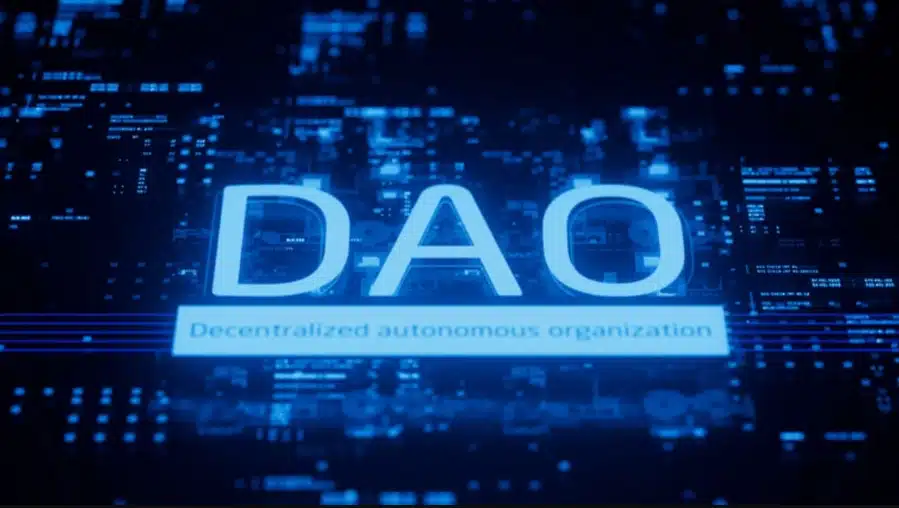
DAOs offer several important benefits to the cryptocurrency market, including three main advantages: transparency and integrity, decentralization and distribution of power, and automation and efficiency.
Transparency and Integrity
- DAOs create a publicly transparent and accountable operating environment. Decisions and management within a DAO are carried out on the blockchain, a public and immutable system. This ensures that all members can track and verify activities, from decision-making to asset distribution. This transparency fosters integrity and trust within the DAO, enhancing community confidence and participation.
Decentralization and Distribution of Power
- DAOs eliminate dependence on a single individual or small group. Instead, decision-making and governance in a DAO are executed through pre-programmed rules and protocols. All members have the right to participate in decisions through voting, regardless of social status or power. This creates a decentralized and distributed structure, while also encouraging diversity of opinions and shared decision-making within the DAO.
Automation and Efficiency
- DAOs utilize blockchain technology to automate rules and processes. Once the rules are programmed, the decision-making and management processes in a DAO can occur automatically, without human intervention. This helps minimize the time and effort required in the decision-making and management processes, while also enhancing the overall efficiency of the DAO. Transactions and operations within a DAO can also be executed quickly and accurately, without the need to wait or rely on third-party involvement.
Overall, the benefits of transparency, decentralization, and automation make DAOs an attractive and highly promising organizational model in the cryptocurrency market. These features not only create trust and community engagement, but also help increase the efficiency and speed of operations for organizations in this field.
What are the disadvantages of a DAO?
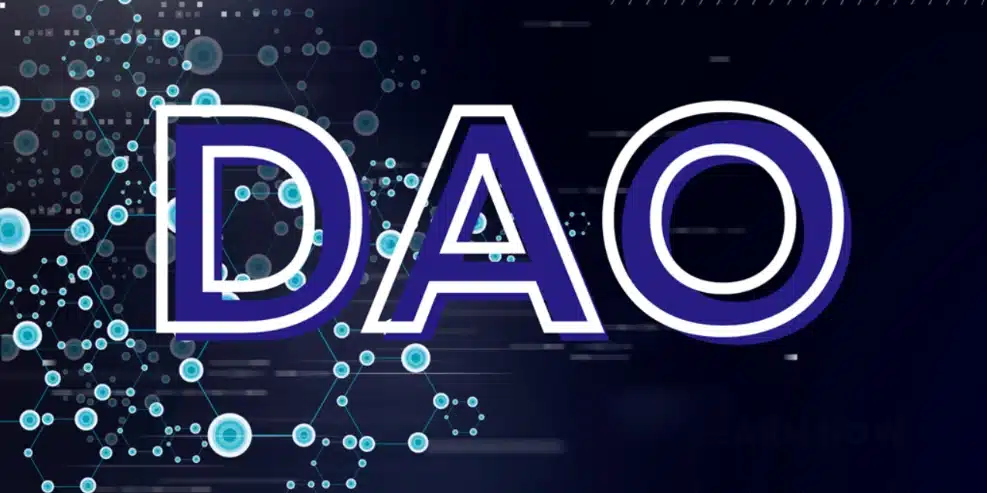
While DAOs offer many advantages, they also have several drawbacks:
Security Issues and Risks:
- Although blockchain technology provides a high level of security, DAOs can still be vulnerable to attacks and breaches. Additionally, DAOs face risks from malware, security vulnerabilities, and fraudulent behavior.
- This requires a particular focus on security and safety measures to protect the assets and operations of a DAO.
Challenges in Management and Decision-Making:
- DAOs require participation and contributions from the community of members. However, managing and making decisions within a large community can become complex.
- The diversity of opinions and perspectives within the community can slow down the decision-making process or lead to conflicts.
- This demands a clear and effective decision-making process, as well as active and responsible participation from the members.
Dependence on Community Engagement and Interaction:
- DAOs exist and operate based on the participation and interaction of the community members. However, it is not always guaranteed that all members will engage and contribute.
- Some members may not be interested or have sufficient knowledge to participate in the DAO’s decision-making.
- This can lead to a lack of quorum and unfairness in the DAO’s decisions, as well as impact its overall performance and efficiency.
What are the applications of DAOs?
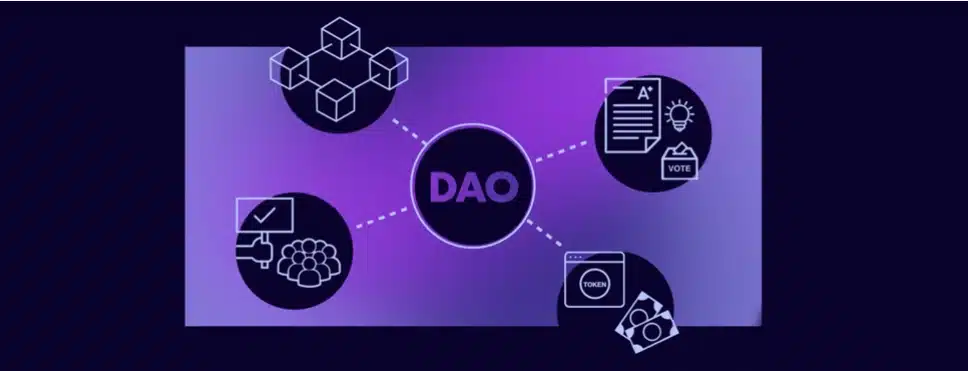
After understanding what a DAO is and its pros and cons, let’s explore the various applications of DAOs.
The applications of DAOs in the cryptocurrency market are highly diverse and promising, including the following examples:
Asset Management:
- DAOs can be used to manage and operate investment funds, digital asset portfolios, and smart contracts.
- Decisions related to investments, profit distribution, and portfolio modifications can be made through community member voting.
Token Distribution and Voting Rights:
- DAOs can be used to distribute and manage their own tokens.
- DAO members can be granted voting rights and participate in decisions related to protocol changes, feature improvements, and reward distributions.
Project Management and Product Development:
- DAOs can be utilized to manage projects and develop products in the cryptocurrency market.
- DAO members can contribute to proposing ideas, executing tasks, and deciding on development directions and priorities.
Commerce and Exchange:
- DAOs can be created to establish trading and exchange environments within the cryptocurrency market.
- DAO members can participate in buying, selling, and exchanging digital assets without the need to trust a third-party intermediary.
Decentralized Cooperatives:
- DAOs can represent decentralized cooperatives where members can work together and share the benefits.
- Decisions regarding profit distribution, operational management, and development direction can be made through community member voting.
Types of DAOs in Cryptocurrencies

Token-Based DAO:
- This is the most common type of DAO, where tokens play a crucial role in the DAO’s operation.
- Tokens are used in blockchains like Bitcoin, Ethereum, and DeFi protocols like Maker DAO, Uniswap, and Sushiswap to ensure security, transparency, and voting rights.
- The advantage of Token-Based DAOs is their excellent scalability, as anyone can own the tokens. However, they may face challenges in leveraging resources and reaching common consensus.
Organization (Shared-based DAO):
- Represents a group or organization with a shared goal in a specific domain, such as investment-focused Venture DAOs.
- Members use shares to vote on the organization’s activities.
- An example is The LAO, a VC DAO where investors receive proportional shares and have voting rights or the ability to propose projects.
- The advantage of Shared-based DAOs is their ease of management and concentrated resources, but they may face challenges in scaling.
It’s important to note that DAOs within the same field may utilize different models. For instance, The LAO uses a Shared-Based model, while Yield Guild Games applies a Token-based model.
Notable DAO Projects
Token-based DAO:
- Ethereum:
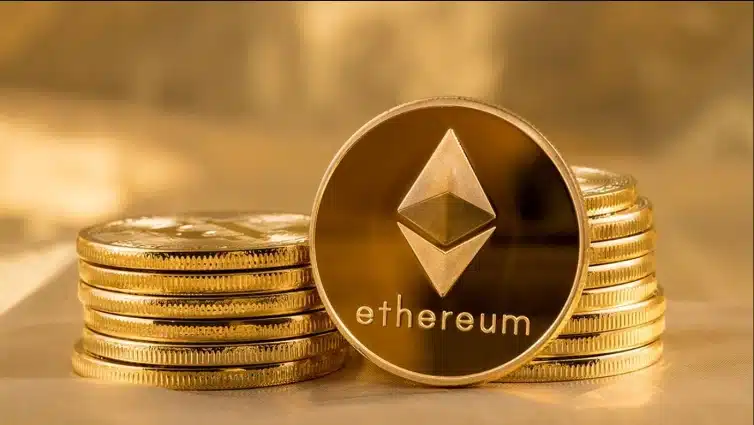
-
- Ethereum operates on a Proof of Work mechanism, where miners receive transaction fees and block rewards in exchange for mining new blocks, verifying transactions, and securing the network.
- With the upgrade to Ethereum 2.0 using Proof of Stake, this role will shift to stakers – those who agree to contribute their tokens to validate transactions and secure the network, and are rewarded with fees and rewards.
- Ethereum’s miners and stakers have voting rights on Ethereum Improvement Proposals (EIPs), indicating that Ethereum’s future is highly dependent on the decisions of the members in this DAO.
- Compound:
- Compound is a successful example of an on-chain governance DAO, allowing COMP token holders to participate in voting on proposals within the protocol.
- The introduction of the COMP token has helped Compound maintain a clear growth plan, thereby retaining its position as one of the leading lending platforms in the DeFi ecosystem.
- SushiSwap:
- SushiSwap clearly illustrates the critical role of the community members in deciding the project’s development direction.
- When the community did not approve a proposal to sell SUSHI tokens at a discounted price to venture capital funds, SushiSwap continued to develop without the need for funding from these funds.
Shared-based DAO:
- The LAO:
- The LAO is a prominent decentralized investment fund, operating on a Shared-based DAO model.
- Members participate by contributing capital and receive proportional shares, giving them voting rights on the fund’s investment decisions.
- Currently, The LAO has completed 35 investments in projects primarily on the Ethereum network, such as Gitcoin, Zapper, and Lido Finance, and is considered one of the most active decentralized investment funds.
What is the Potential of DAOs?
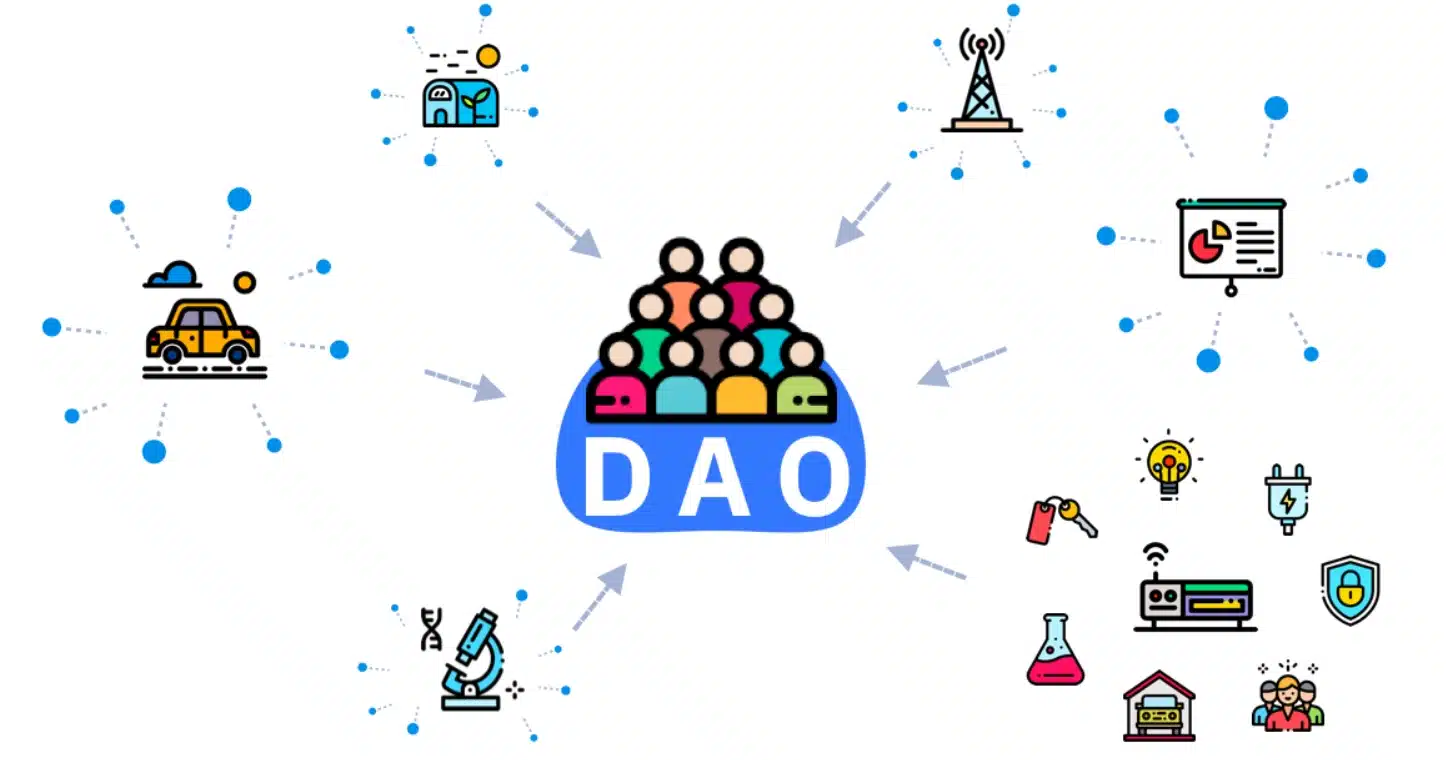
The DAO ecosystem has witnessed remarkable growth in recent years, with the emergence of hundreds of new projects. DAO projects are focused on a wide range of areas, from decentralized finance (DeFi) to social services, demonstrating the vast potential of this model.
Specifically in the DeFi space, the role of DAOs has become increasingly important. Governance through tokens has become a standard use case for DeFi projects. Among the DeFi protocols with the highest Total Value Locked (TVL), almost all are community-governed, with proposals and voting done by the project’s token holders. The DAO model has become an indispensable element for the development of DeFi protocols.
Moreover, the value held by DAOs is steadily increasing. Just in the Ventures DAO segment, the assets under custody have surpassed $1 billion. With DAOs being deployed in various other domains, such as social services, the potential for growth in the value held by DAOs is substantial.
The explosion of the DAO ecosystem, particularly the critical role in DeFi and the rapid growth in asset value, indicates a promising future for this decentralized organizational model.
Conclusion
Through the article “What is a DAO? Everything You Need to Know About DAOs!“, we have provided you with the latest and most comprehensive information about DAOs. If you have any further questions, please feel free to leave them in the comments section below, and we will be happy to assist you.

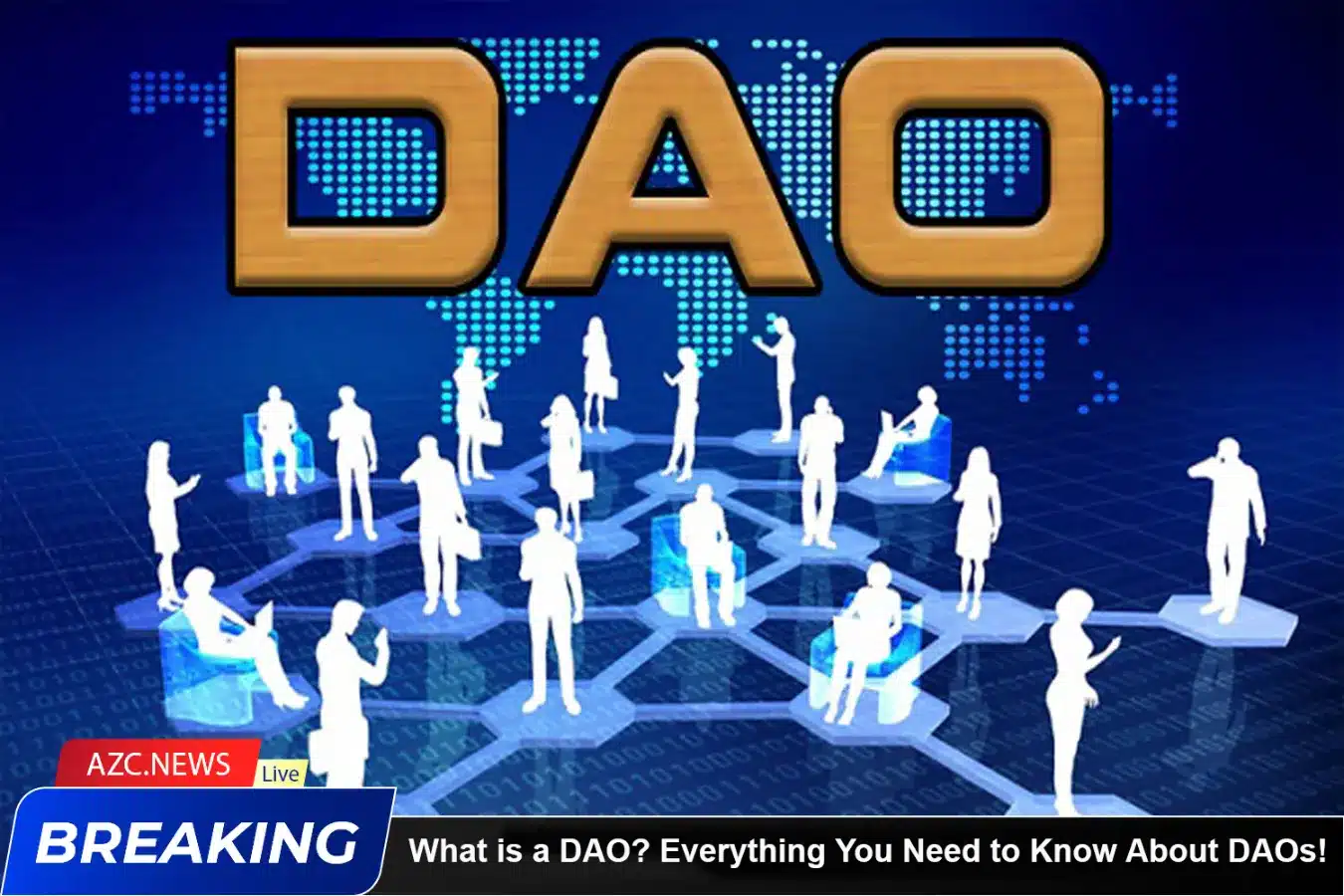






Great achievement so to say, it’s a smart move.
In the article, the CORE DAO was not mentioned. I recently read that CORE DAO has begun to gain institutional attention. What do you think, or what is your say on this?
The core dao has a very big connectivity all over the world at large with a very big objective by dismantling the monopoly of wealth all over the universe
Thanks for the information
Great information
great info